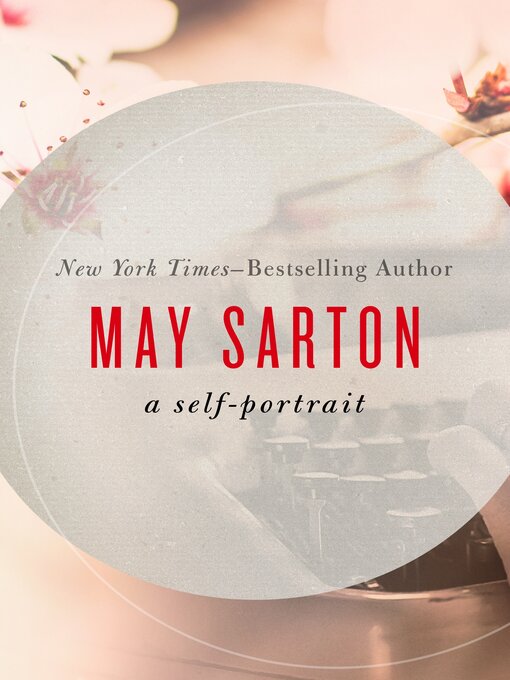- Afrofuturism & Afrofantasy
- Cozy Fall Mysteries
- New ebook Additions
- "Look at the Cover on that One" Artsy Covers
- New Kids' eBooks
- Hot ebooks!
- New Teen's eBooks
- Comics & Graphic Novels
- Books with a Bonus!
- Popular titles
- Picture Book Love
- Read-Alongs
- Manga
- See all ebooks collections
- New Audiobook Additions
- Great Narrators
- Awesome Audio!
- Oprah's Super Soul Conversations Listen-Alikes
- New Kids' Audiobooks
- New Teen's Audiobooks
- Check these out!
- Audiobooks Under 3 Hours
- Read by the Author
- See all audiobooks collections
- Favorite Magazine Picks
- Crafts & Hobbies
- News & Politics
- Health & Fitness
- Cooking & Eating
- Just added
- Lifestyle
- Popular Magazines
- See all magazines collections

